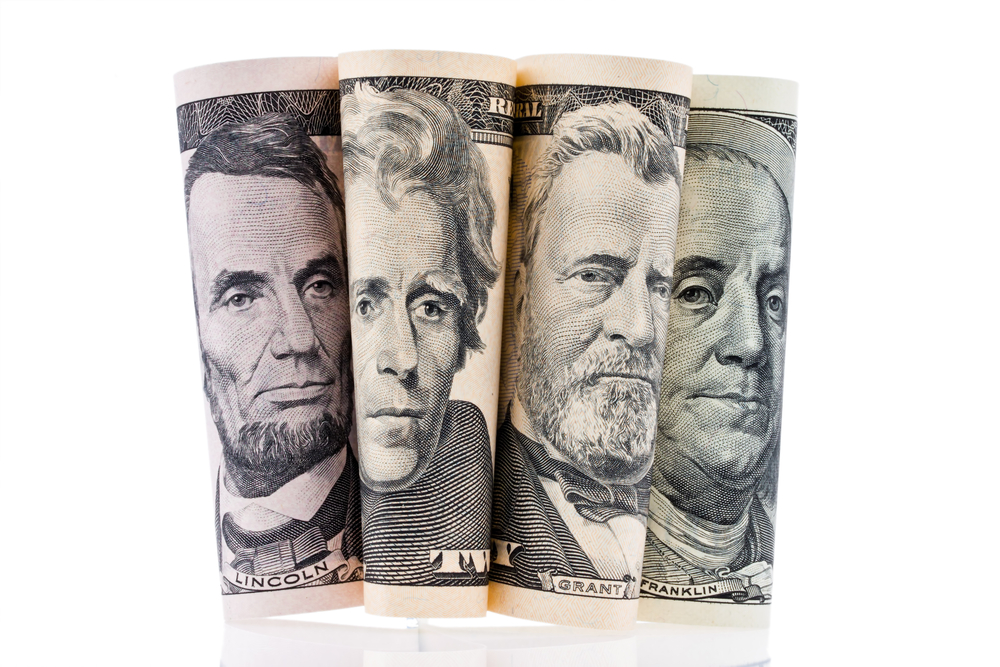The House Ways and Means Committee held a hearing on tax reform last week, with speakers discussing how it can spur economic growth.

“All of our members—no matter what side of the dais you sit on—know that tax reform is an economic imperative. Now is the time to go bold and deliver real results for the American people,” Rep. Kevin Brady (R-TX), the chair of the committee, said.
Tax Policy Subcommittee Chairman Peter Roskam (R-IL) asked witnesses about the value of a permanent, long-lasting tax policy versus a temporary, short-term tax policy.
“It’s like being in a 100-yard dash, and right now, we’re starting 20 yards behind,” Douglas Peterson, CEO of S&P Global, said. “We’re running a 120-yard dash against the rest of the world who’s running a 100-yard dash. And this is going put us back at the start line at a 100-yard dash.”
John Stephens, chief financial officer for AT&T said permanent tax policy is extremely important.
“[It] allows us to make consistent, significant, material capital investments that allow for the demand for jobs, demand on our suppliers, and quite frankly, with the demand on those jobs … wages go up,” Stephens said. “If we’re serious about robust growth, then we must get serious about jump starting private sector investment. And the best way to do that is to fix our broken, last-century corporate tax code. Achieving competitive corporate tax rates is likely the most effective catalyst available to our public policymakers to increase capital investment, create jobs, and increase wages,” he added.
Zachary Mottl, owner of Atlas Tools in Illinois, said a permanent tax code is important to keep customers from buying products in other countries.
“I’ve been fighting for my life—my business—for the last decade as my customers keep leaving this country … it’s been a tough battle for the last decade or longer. Pro-growth tax reform leads to greater investment, more job opportunities, and bigger paychecks for American workers and families,” Mottl said. “The more we can invest, the more we can grow, the more we can hire.…We need this kind of growth. We need this kind of opportunity. And I think if you do tax reform, you will see that.”
David Farr, CEO of Emerson Electric and Chairman of the National Association of Manufacturers (NAM) board of directors said lower tax rates will make manufacturing more competitive, encourage greater investment in the United States, and promote job creation. He said Congress should not delay.
“The cost of delay means lack of innovation, less new products, and less jobs. It is that simple,” Farr said. “We look at how much growth there will be and we pare it back based on delay and every time it is delayed we push that investment out. So, it does have an impact on people, how we hire, investment and new products.”